Imran Khan also blamed Bajwa for creating a perception of the former as being “anti-US”.
In a media interview, former PM and Pakistan Tehreek-e-Insaf (PTI) chief, Imran Khan, who is currently lodged in Adiala Jail (Rawalpindi), accused former Army Chief, Qamar Javed Bajwa of his imprisonment.
“I am certain that this ordeal was orchestrated by General Bajwa. I hold no one else responsible. He meticulously planned and executed this scheme, presenting himself as a deceitful figure, creating lies and false narratives to cause national and international chaos - all to secure his extension,” he said.
Imran Khan also blamed Bajwa for creating a perception of the former as being “anti-US”. Khan, who became PM in August 2018, was dubbed as a ‘laadla’ (favourite) of the army by opposition parties (the 2018 election was rigged in favour of Khan’s PTI by the Pakistan military). Khan’s ouster in April 2022 was attributed towards his differences with the Pakistan army on foreign policy issues – especially what was perceived as Khan’s ‘anti-US’ and ‘Pro-Russia’ slant by the Pakistan military. While initially after his removal, Khan blamed the US for his removal, later on, he sought to mend fences with the West.
Days before Khan’s statement, former PM Nawaz Sharif -- who was elected as President of the Pakistan Muslim League (Nawaz) on May 28, 2024 --- blamed late General Pervez Musharraf – the architect of the Kargil conflict -- for violation of the Lahore agreement.
Said Nawaz Sharif: “After that, Vajpayee Saheb came here and made an agreement with us. But we violated that agreement. It was our fault”. Ironically, Sharif was initiated into Pakistan politics, in the early 1980s during the military rule of General Zia Ul Haq. Sharif first served as Finance Minister of Punjab (Pakistan) and then Chief Minister of the country’s most populous province, before holding the position of Pakistan Prime Minister thrice (1990-1993, 1997-1999 and 2013-2017). While the army and ISI played an important role in the cobbling of a coalition, which paved the way of the installation of Nawaz Sharif as PM -- in 1990 -- later on he fell out with the army. One of the key reasons was Sharif’s commitment to establish the writ of civilian institutions in the country and his foreign policy – especially regarding the normalisation of ties with India (Sharif has repeatedly pitched for stronger economic relations with India). The former Pakistan PM has also repeatedly stated that Pakistan shouldn’t blame external forces for its current economic mess but look inwards.
Even the February 2024 election was rigged in favour of the PML-N as a result of the Pakistan army’s fallout with Imran Khan. Shehbaz Sharif -- brother of Nawaz Sharif -- became PM due to his relatively better equation with the Pakistan army and his ability to work with other parties (Shehbaz Sharif had run a coalition between April 2022 and August 2023).
From both Sharif and Khan’s statements a few points are clear. First, Pakistan is likely to be run by what are dubbed as ‘hybrid regimes’ in the imminent future, unless there is a fundamental shift in Pakistan’s polity and the political class is able to successfully address the challenges – economic and foreign policy-related -- the country faces (the Pakistan military has taken advantage of the failures of the political class in the past). There also has to be a political consensus within the country to establish civilian supremacy. Political rivals should ensure that their opponents complete their terms and should not topple governments with the support of the Pakistan military.
Second, even leaders with a clear mandate, who are popular, are not free to assert themselves on key foreign policy issues – especially Pakistan’s ties with India. While the army may give the impression that it is willing to re-orient its ties with India, there are sections which scuttle any such attempt.
Third, for several countries – especially China which has invested in the China-Pakistan Economic Corridor (CPEC) – the Pakistan army is important in order to maintain the security of the infrastructure, which China has invested in, as well as Chinese nationals working in the country (China has repeatedly expressed its displeasure to Pakistan regarding the slow progress of the CPEC project due to the security situation in the country). The Western world – especially the US – as well as Gulf countries have also maintained close ties with the Pakistan army – which represents continuity and stability -- within an unpredictable, turbulent political landscape. The Pakistan army has successfully leveraged the above, to its benefit, for a long.
In conclusion, the recent statements of arch-rivals Imran Khan and Nawaz Sharif highlight several points, the most important one being the overwhelming influence of the Pakistan army on the country’s political landscape and its indelible imprint on the country’s foreign policy.
The author is a policy analyst and faculty member at the Jindal School of International Affairs, OP Jindal Global University, Sonipat.
(Disclaimer: The views expressed above are the author's own and do not reflect those of DNA)
![submenu-img]() PAK vs USA, T20 World Cup 2024: United States beat Pakistan in historic triumph after thrilling super over
PAK vs USA, T20 World Cup 2024: United States beat Pakistan in historic triumph after thrilling super over![submenu-img]() Eid Al Adha 2024: Dhul Hijjah Moon spotted in Saudi Arabia, Dubai, will be celebrated in India on...
Eid Al Adha 2024: Dhul Hijjah Moon spotted in Saudi Arabia, Dubai, will be celebrated in India on...![submenu-img]() DNA TV Show: What is NEET-UG 2024 results controversy? Know full story here
DNA TV Show: What is NEET-UG 2024 results controversy? Know full story here![submenu-img]() Anusha Dandekar says Jason Shah's claims about their failed relationship are lies: 'Everyone wants to use...'
Anusha Dandekar says Jason Shah's claims about their failed relationship are lies: 'Everyone wants to use...'![submenu-img]() BJP calls Rahul Gandhi's claims of 'biggest stock market scam' against PM Modi, Amit Shah 'baseless'
BJP calls Rahul Gandhi's claims of 'biggest stock market scam' against PM Modi, Amit Shah 'baseless'![submenu-img]() NEET exam 2024: Students demand re-exam after 67 students score...
NEET exam 2024: Students demand re-exam after 67 students score...![submenu-img]() Meet IIT-JEE topper, scored 100 percentile in JEE Mains 2024, she is now planning to join...
Meet IIT-JEE topper, scored 100 percentile in JEE Mains 2024, she is now planning to join...![submenu-img]() NEET UG topper 2024: Meet boy who topped MBBS exam by securing 720 out of 720, he is Alakh Pandey's...
NEET UG topper 2024: Meet boy who topped MBBS exam by securing 720 out of 720, he is Alakh Pandey's...![submenu-img]() Meet IIT graduate, Indian genius who made key space discoveries, he is Narayana Murthy’s…
Meet IIT graduate, Indian genius who made key space discoveries, he is Narayana Murthy’s…![submenu-img]() Meet man whose first salary was Rs 5000, turned down Rs 75 crore job offer, built Rs 8000 cr firm, is India's richest...
Meet man whose first salary was Rs 5000, turned down Rs 75 crore job offer, built Rs 8000 cr firm, is India's richest...![submenu-img]() DNA Verified: Did Kangana Ranaut party with gangster Abu Salem? Actress reveals who's with her in viral photo
DNA Verified: Did Kangana Ranaut party with gangster Abu Salem? Actress reveals who's with her in viral photo![submenu-img]() DNA Verified: New Delhi Railway Station to be closed for 4 years? Know the truth here
DNA Verified: New Delhi Railway Station to be closed for 4 years? Know the truth here![submenu-img]() DNA Verified: Did RSS chief Mohan Bhagwat praise Congress during Lok Sabha Elections 2024? Know the truth here
DNA Verified: Did RSS chief Mohan Bhagwat praise Congress during Lok Sabha Elections 2024? Know the truth here![submenu-img]() DNA Verified: Is CAA an anti-Muslim law? Centre terms news report as 'misleading'
DNA Verified: Is CAA an anti-Muslim law? Centre terms news report as 'misleading'![submenu-img]() DNA Verified: Lok Sabha Elections 2024 to be held on April 19? Know truth behind viral message
DNA Verified: Lok Sabha Elections 2024 to be held on April 19? Know truth behind viral message![submenu-img]() Lok Sabha Elections 2024 Result: From Smriti Irani to Mehbooba Mufti, these politicians are trailing in their seats
Lok Sabha Elections 2024 Result: From Smriti Irani to Mehbooba Mufti, these politicians are trailing in their seats![submenu-img]() Lok Sabha Elections 2024: 6 states with highest number of seats
Lok Sabha Elections 2024: 6 states with highest number of seats![submenu-img]() Lok Sabha Election Results 2024: Key candidates to watch out for in South India
Lok Sabha Election Results 2024: Key candidates to watch out for in South India![submenu-img]() Lok Sabha Elections 2024: Key seats Exit Poll predictions
Lok Sabha Elections 2024: Key seats Exit Poll predictions![submenu-img]() Lok Sabha Elections 2024: Key battles in Hindi heartland
Lok Sabha Elections 2024: Key battles in Hindi heartland![submenu-img]() Lok Sabha Elections 2024: What are exit polls? When and how are they conducted?
Lok Sabha Elections 2024: What are exit polls? When and how are they conducted?![submenu-img]() DNA Explainer: Why was Iranian president Ebrahim Raisi seen as possible successor to Ayatollah Khamenei?
DNA Explainer: Why was Iranian president Ebrahim Raisi seen as possible successor to Ayatollah Khamenei?![submenu-img]() DNA Explainer: Why did deceased Iranian President Ebrahim Raisi wear black turban?
DNA Explainer: Why did deceased Iranian President Ebrahim Raisi wear black turban?![submenu-img]() Iran President Ebrahim Raisi's death: Will it impact gold, oil prices and stock markets?
Iran President Ebrahim Raisi's death: Will it impact gold, oil prices and stock markets?![submenu-img]() Haryana Political Crisis: Will 3 independent MLAs support withdrawal impact the present Nayab Saini led-BJP government?
Haryana Political Crisis: Will 3 independent MLAs support withdrawal impact the present Nayab Saini led-BJP government?![submenu-img]() Anusha Dandekar says Jason Shah's claims about their failed relationship are lies: 'Everyone wants to use...'
Anusha Dandekar says Jason Shah's claims about their failed relationship are lies: 'Everyone wants to use...'![submenu-img]() Nana Patekar was asked to leave this Madhuri Dixit film, director replaced him with Paresh Rawal because...
Nana Patekar was asked to leave this Madhuri Dixit film, director replaced him with Paresh Rawal because...![submenu-img]() Watch: Sanjana Sanghi joins forces with Dia Mirza, addresses global warming, climate change on World Environment Day
Watch: Sanjana Sanghi joins forces with Dia Mirza, addresses global warming, climate change on World Environment Day![submenu-img]() Meet actress who was to be a superstar, gave many hit films, got married, was banned from industry due to..
Meet actress who was to be a superstar, gave many hit films, got married, was banned from industry due to..![submenu-img]() 'I'm going to bring...': Anil Kapoor reacts to replacing Salman Khan as host of Bigg Boss OTT 3, show will stream from..
'I'm going to bring...': Anil Kapoor reacts to replacing Salman Khan as host of Bigg Boss OTT 3, show will stream from..![submenu-img]() Meet world's most wanted woman, mastermind of Rs 36000 crore fraud, her crime is...
Meet world's most wanted woman, mastermind of Rs 36000 crore fraud, her crime is...![submenu-img]() Viral video: Influencer makes security guard's dream trip to Ayodhya Ram Mandir a reality, watch
Viral video: Influencer makes security guard's dream trip to Ayodhya Ram Mandir a reality, watch![submenu-img]() 74-year-old woman found alive at funeral home after being pronounced dead
74-year-old woman found alive at funeral home after being pronounced dead![submenu-img]() This country with 96% Muslim population has banned Hijab, beard, prohibition on religious books too
This country with 96% Muslim population has banned Hijab, beard, prohibition on religious books too![submenu-img]() Viral video: Train passes through burning forest amid Russia's wildfires, watch
Viral video: Train passes through burning forest amid Russia's wildfires, watch


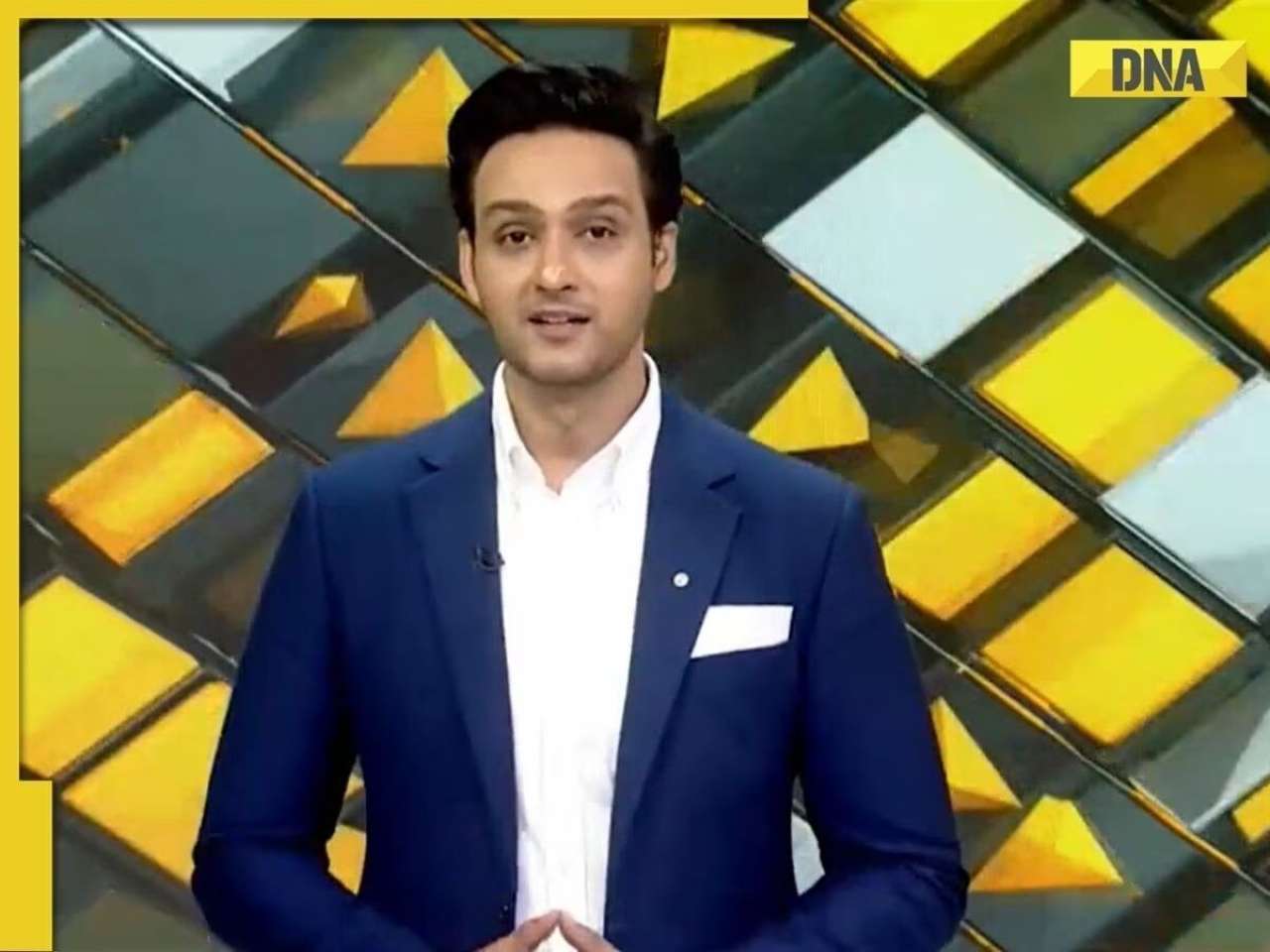

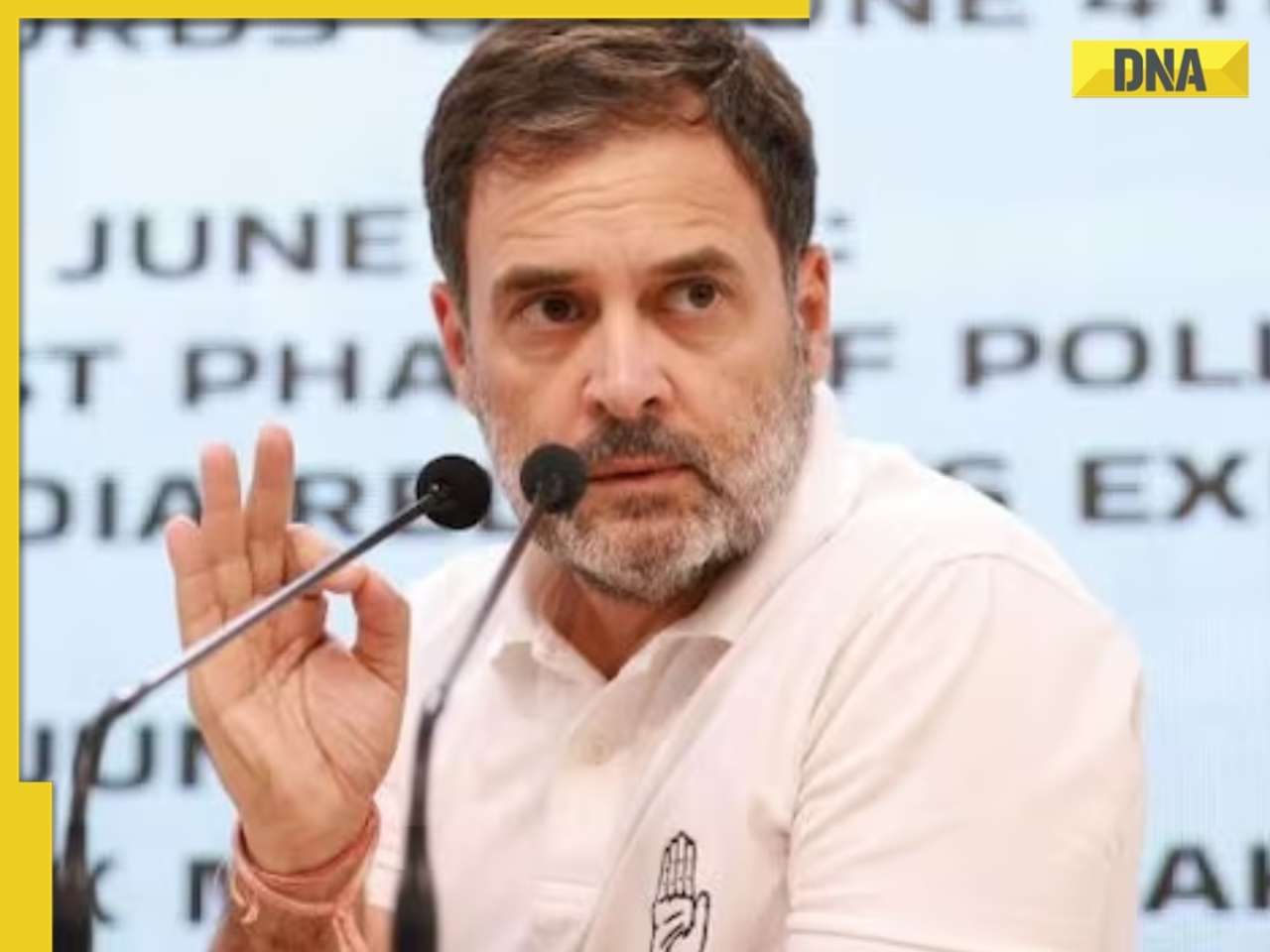








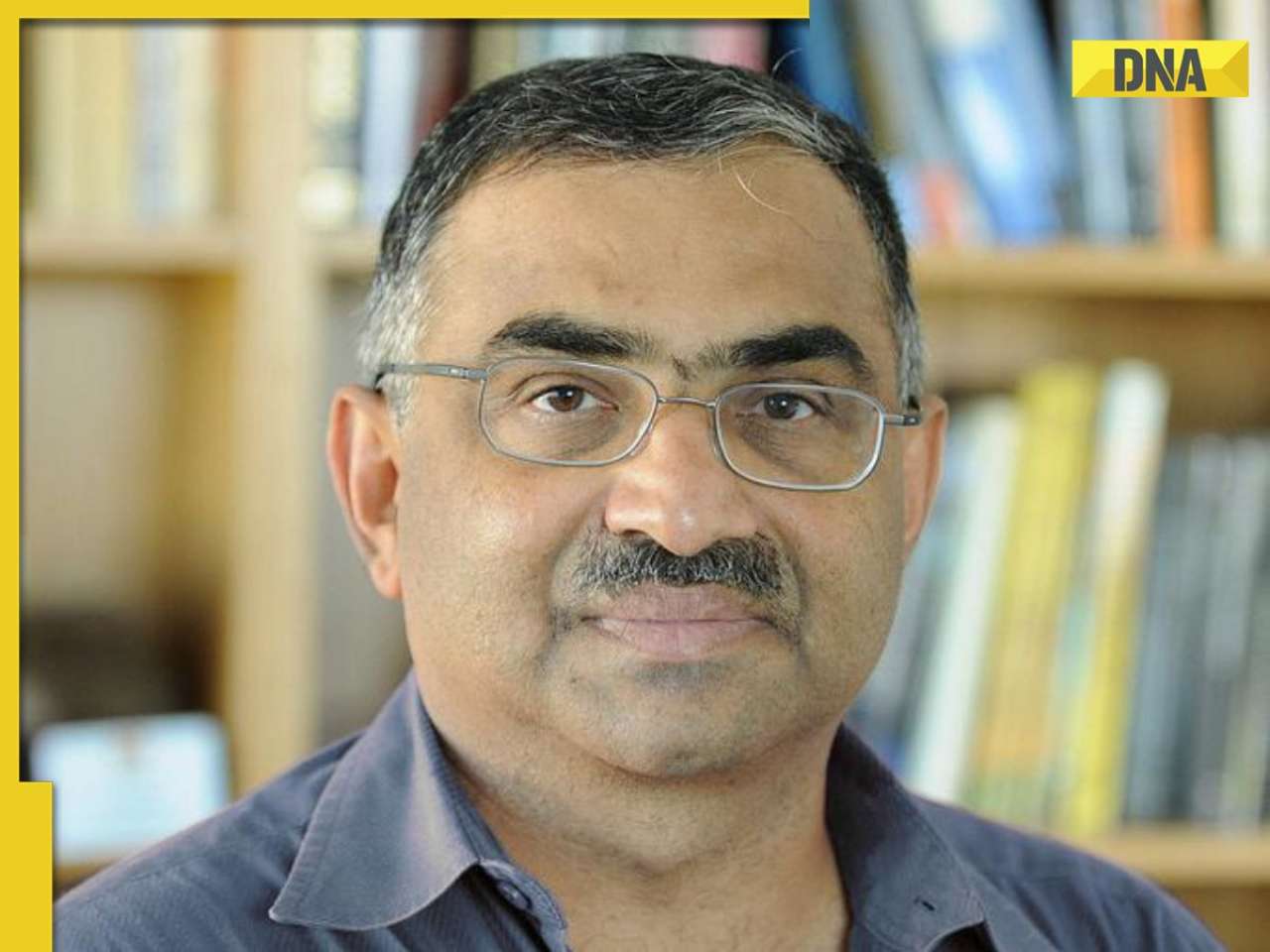






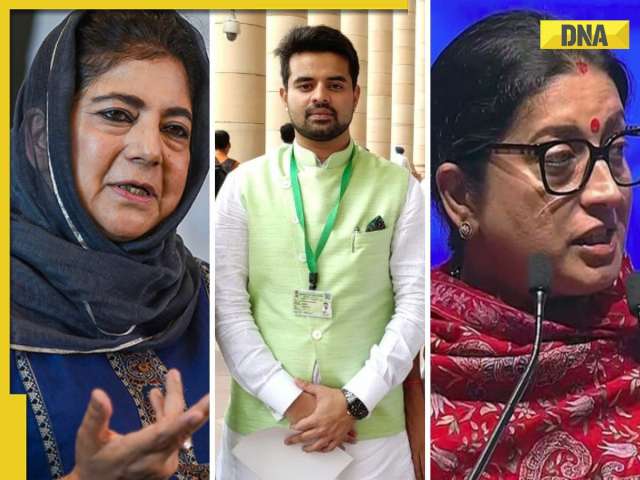
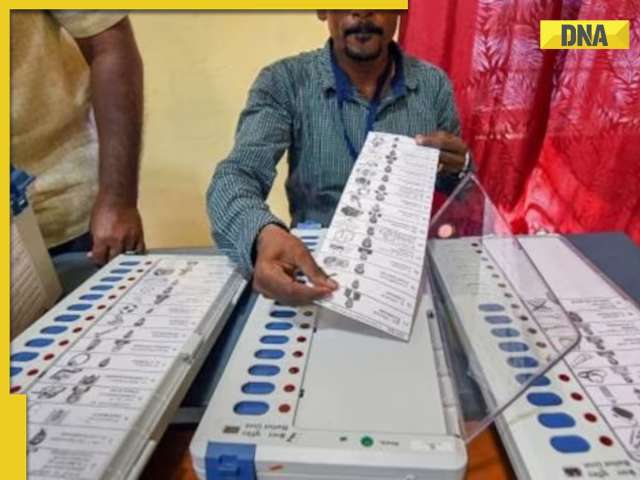
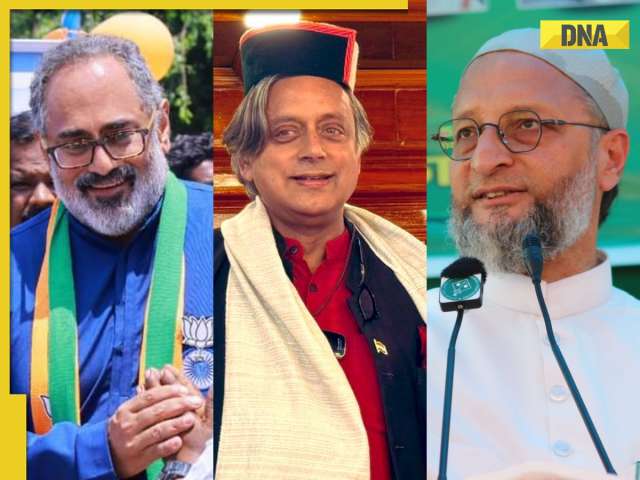
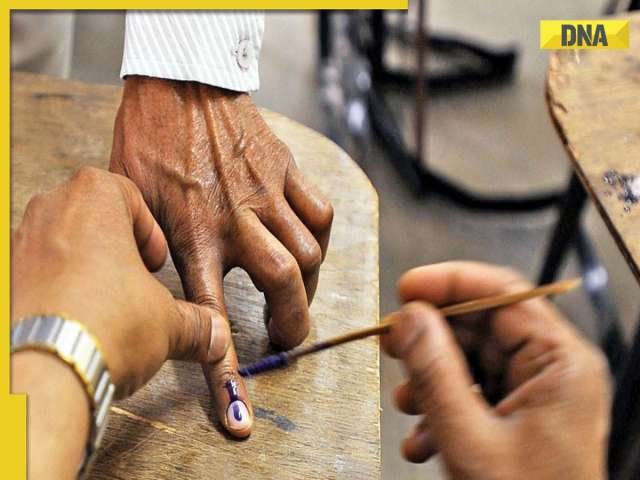
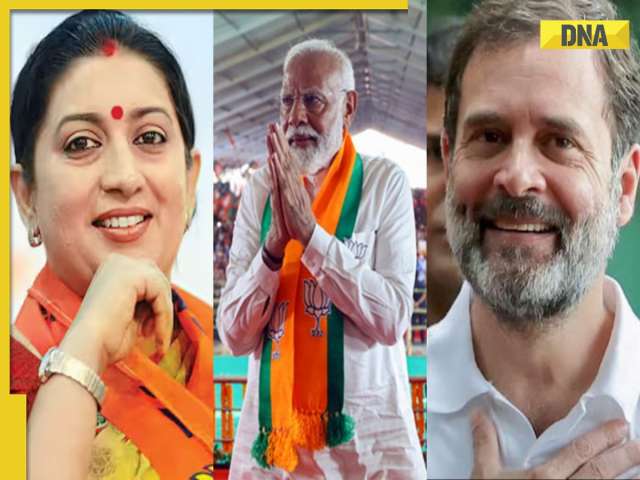















)

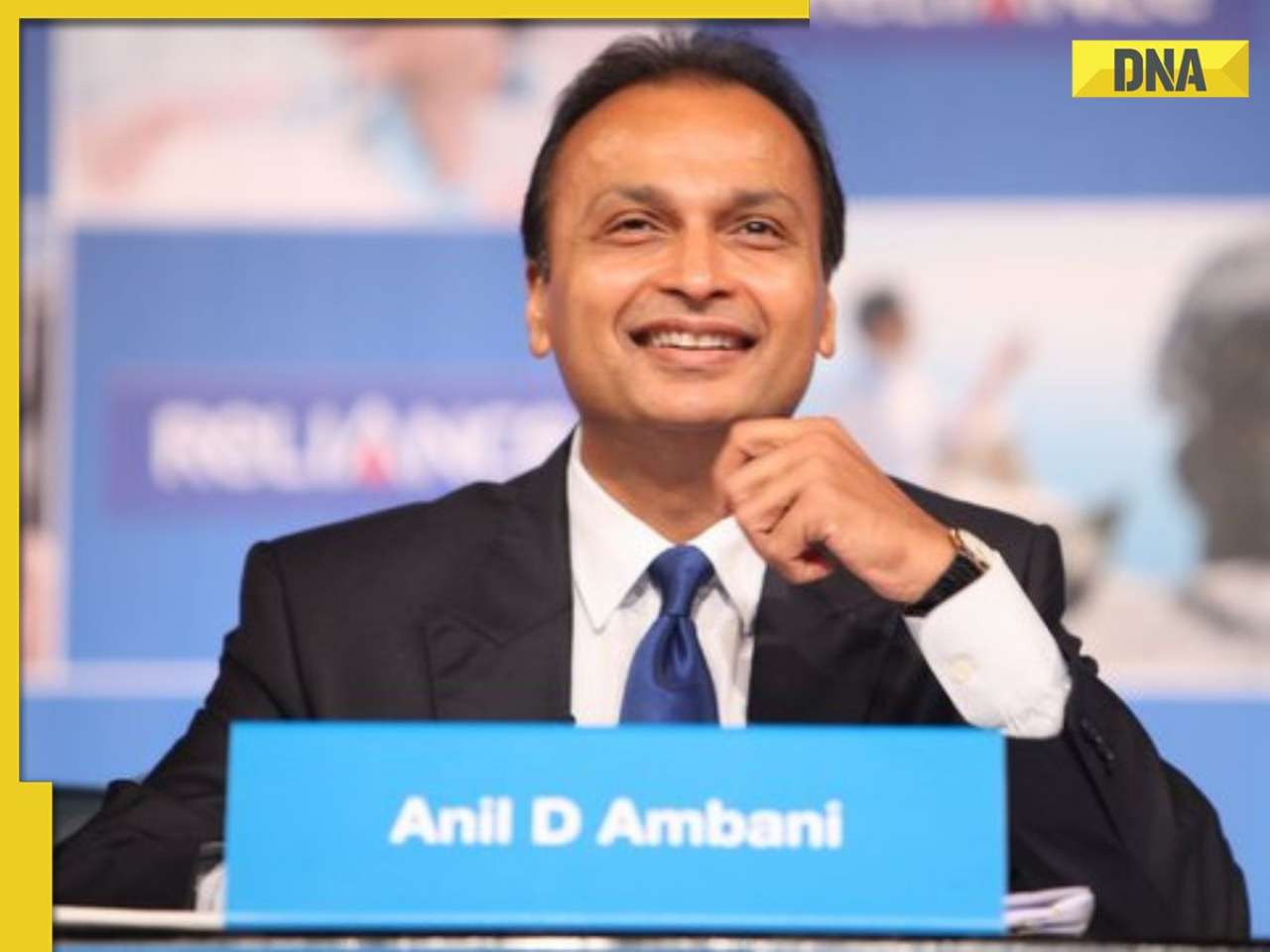

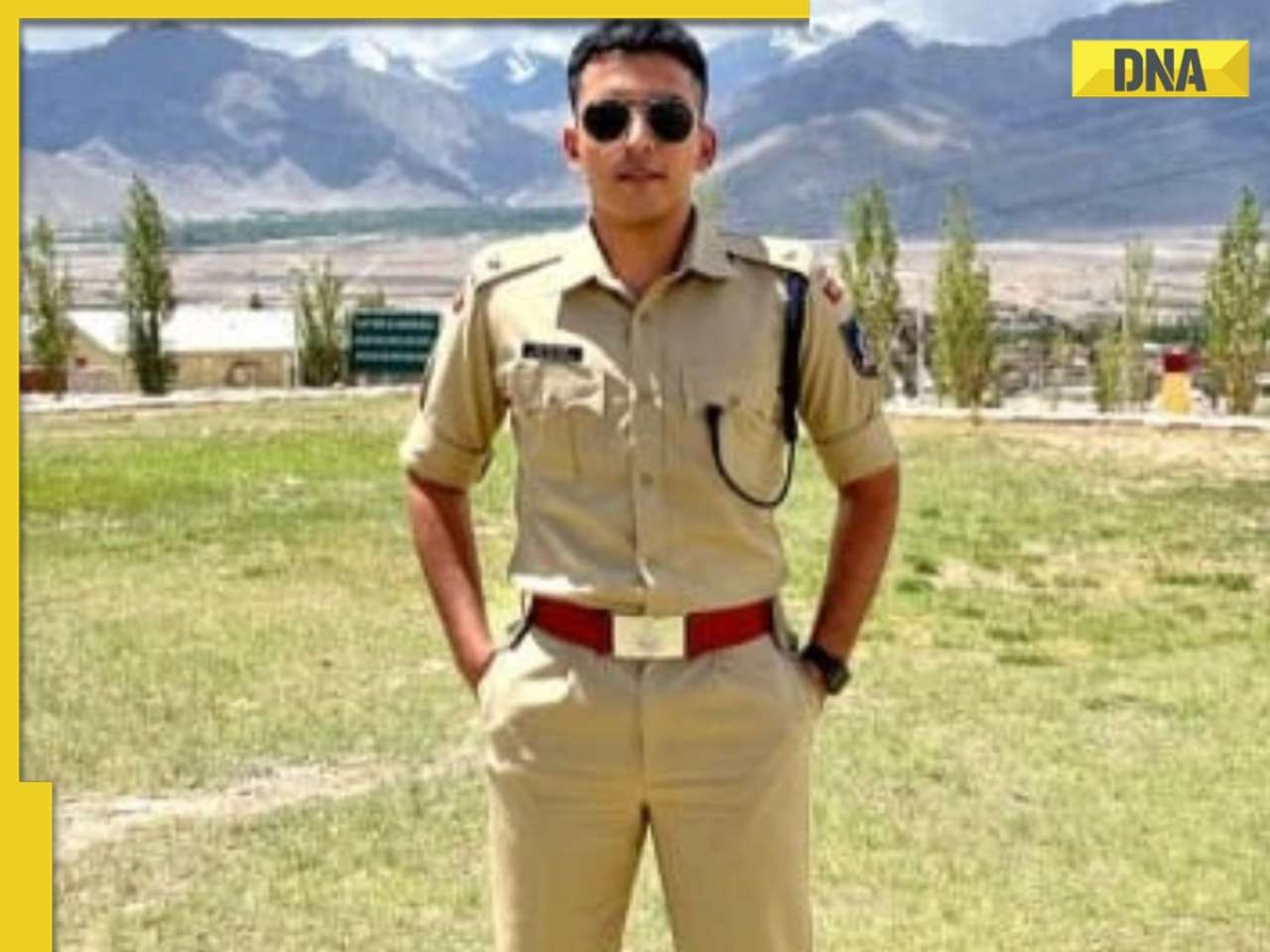

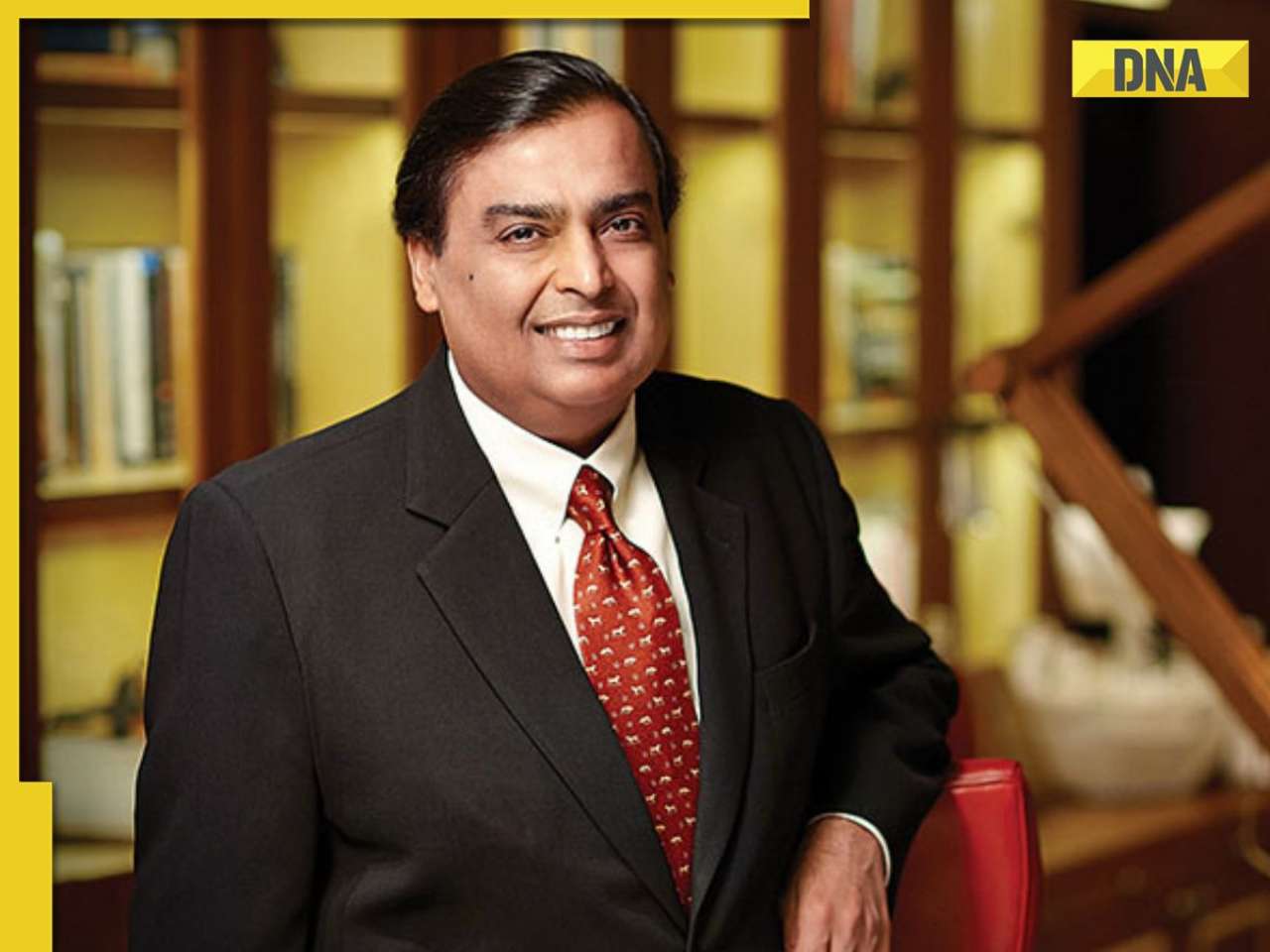












)
)
)
)
)
)